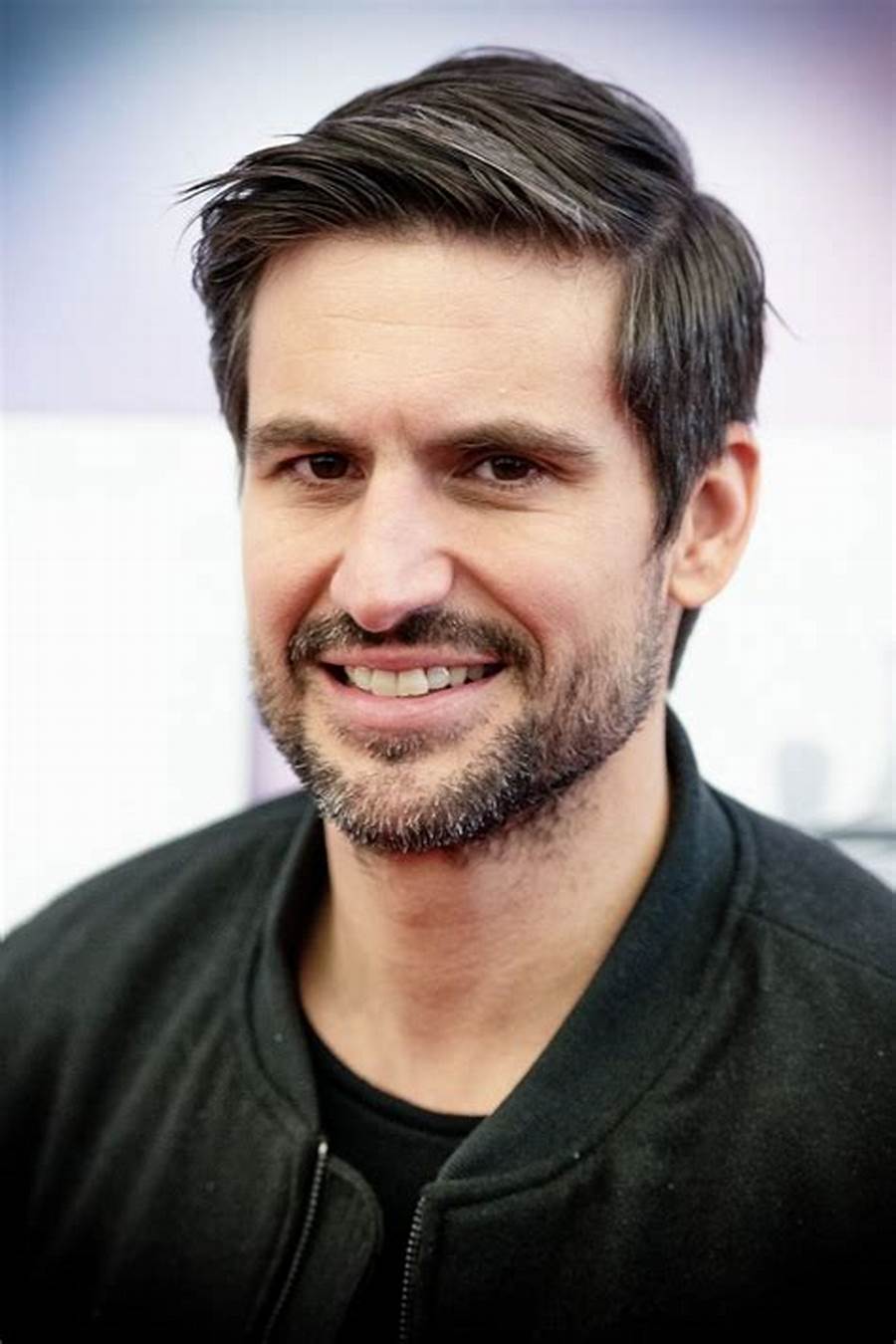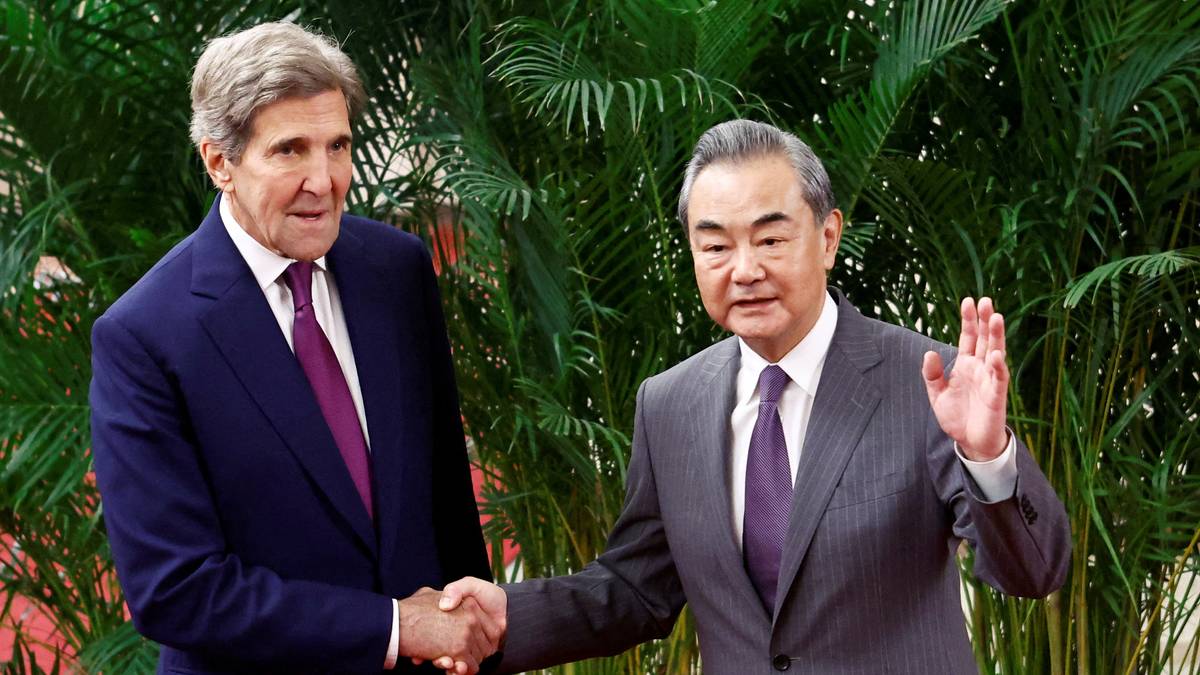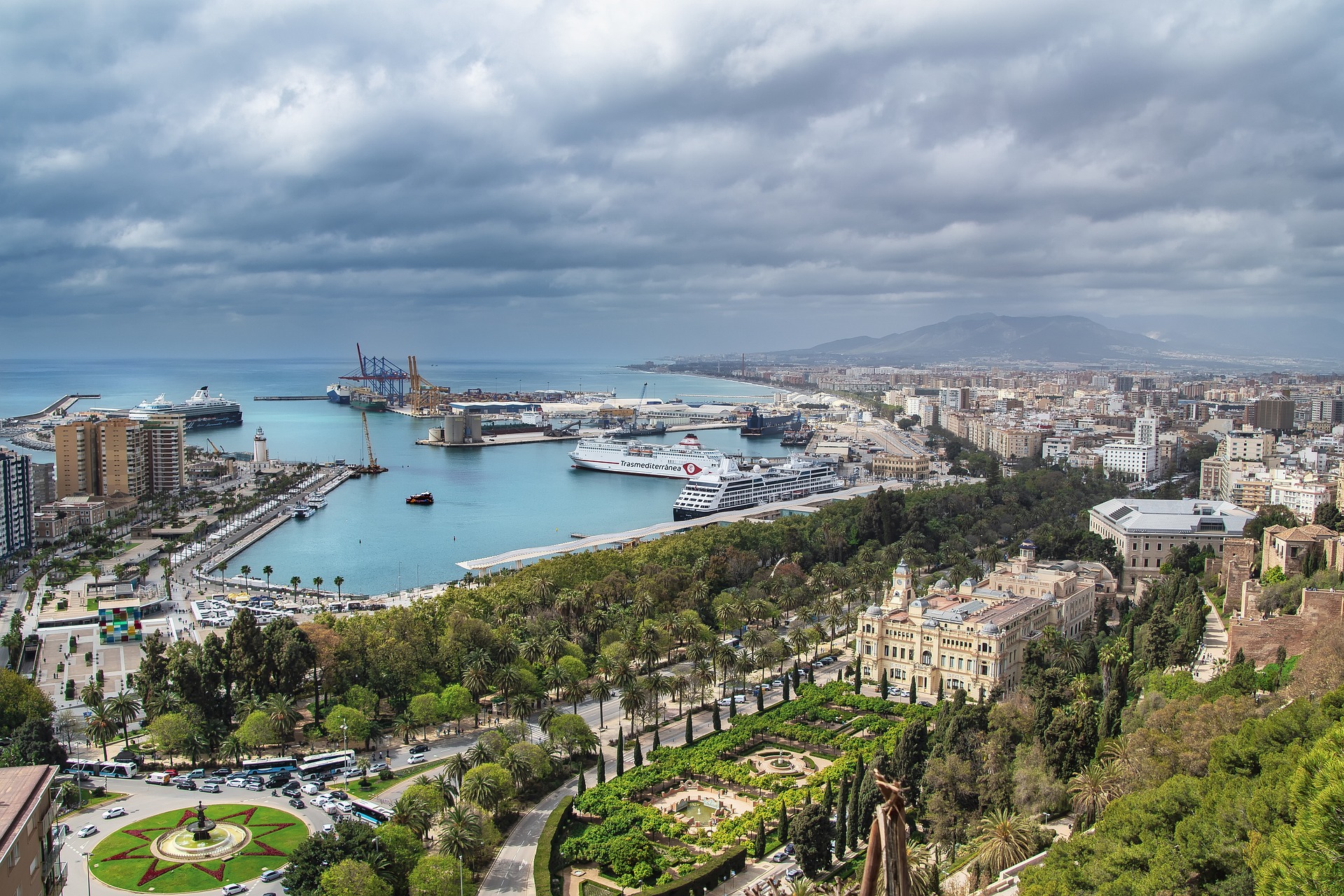It is not only on the battlefield in Ukraine that the struggle is about democracy and autocracy in Europe. On October 15, elections will be held in Poland.
JETTE F. CHRISTENSEN, political scientist, leader of the National Electoral Council and former deputy parliament (Ap)
For 30 years, Poland has continued to move towards an increasingly democratic system of government. In 2015, things turned around. Then the Law and Justice Party (PiS) came to power.
Since then, important features of democracy, such as the rule of law, freedom of the press, and minority rights, have come under constant attack from the country’s government.
The term used to denote the process by which elected politicians use democratic structures to reduce people’s rights, freedoms and access to a free press and an independent judiciary is often called democratic backsliding.
In the case of Poland, this is almost misleading. They didn’t step down, they ran from the seat of government. Contrary to the wishes of the population.

Polish pollster CBOS has been measuring people’s attitudes towards government for two decades. The desire for a democratic form of government is always high and continues to increase.
Therefore, the explanation that democracy is weakening in Poland because something is wrong or the people do not want democracy is wrong.
A tax on advertising, for example, doesn’t sound too alarming. But if this costs the independent press so much that there is a risk of losing it, then that is an entirely different matter.
The proposal would give the state-controlled press twice as much support as independents receive in the form of additional taxes. Freedom of the press is weakened under the pretext that the state needs tax revenues
In a response from the Polish ambassador, he referred to publishers agreeing to the proposal, as evidence that the proposal was welcomed by some media outlets.
Most private TV and radio channels broadcast in black when the proposal was launched. In an open letter to the authorities, they wrote that this was necessary because without a free press there can be no free elections – and without free elections there can be no justice.
Why do they keep re-electing a government that has dropped the country’s democracy index? Much of the explanation lies in the PiS Party’s high public spending through welfare payments in an uncertain economic situation.
Another explanation is that the rhetorical devices used by would-be autocrats are unfortunately successful. If you are often told that you have to include loyalists because judges work against the will of the people, that the media is influenced by an international agenda, or that the opposition is actually lackeys of Russia or the European Union hostile to Catholicism, then you may end up believing that matter.
This does not mean that the Polish population is brainwashed or stupid.
This means that autocratic communication from the government is dangerous because this method works.

In this election, PiS’s concerns are not too big. Both financially and in support. Donald Tusk’s party, Borgerplattform, which represents the liberal democratic trend, has sometimes even outperformed PiS in opinion polls.
The Union for Freedom and Independence, a right-wing opinion coalition of PiS, which campaigned against abortion, against homosexuality, against welfare benefits, against aid to Ukraine and against the EU, appears to be at a tipping point.
Still in this landscape Adam Bodnar, former human rights ombudsman in Poland, for the election. Bodnar received the Rafto prize for his work in upholding the rule of law and opposing government restrictions on rights in 2016.
The fact that an allied country awarded a human rights award to a public ombudsman for his efforts against the current government’s behavior says something.
At the same time, the EU (eventually) withheld funds and linked payments to compliance with the rule of law, which the government had absolutely no intention of complying with.
To prevent a crisis of the rule of law in its member states, the EU established the Rule of Law Framework, which was first implemented in Poland in 2017. The problem is, despite the fact that this has not stopped the breakdown of the rule of law in Poland, in reality it is Poland that decides what to do. the EU will do and not vice versa.
With each letter of concern from the EU, the condemnation grows stronger and the rule of law weakens.
Those who don’t care about the rule of law will not be too angry if someone says they violate it. The EU’s depiction of how seriously it views the situation, and how bad it would be for the entire European Union if its member states abandon the rule of law, drew praise from Brussels.
When the headline is “we are acting today to preserve the rule of law in Poland”, it will seem absolutely ridiculous that the rule of law in Poland is not being preserved. PiS is instead buying time to further reduce the rule of law. The Polish government looks strong, while the European Union looks weak.
The union can no longer afford that. Especially at a time when our world order after 1945 is under attack. Therefore, cash flow is locked.
If the PiS party loses the election, it will be a victory for the rule of law and democracy. If they win, tensions over what the EU does will continue. During Ursula Von Der Leyen’s EU Summit say something like that “Compliance with EU law in all member states is essential for the functioning of the European Union as a whole”, the Commission took a firm decision.
Translated into real politics, this means that the future of the EU depends on the Commission’s ability to save the rule of law in Poland. So it is an advantage for success.
Tensions over democracy and the rule of law relate not only to the election, but also to what the EU does afterward.

“Hardcore zombie fan. Incurable internet advocate. Subtly charming problem solver. Freelance twitter ninja.”







